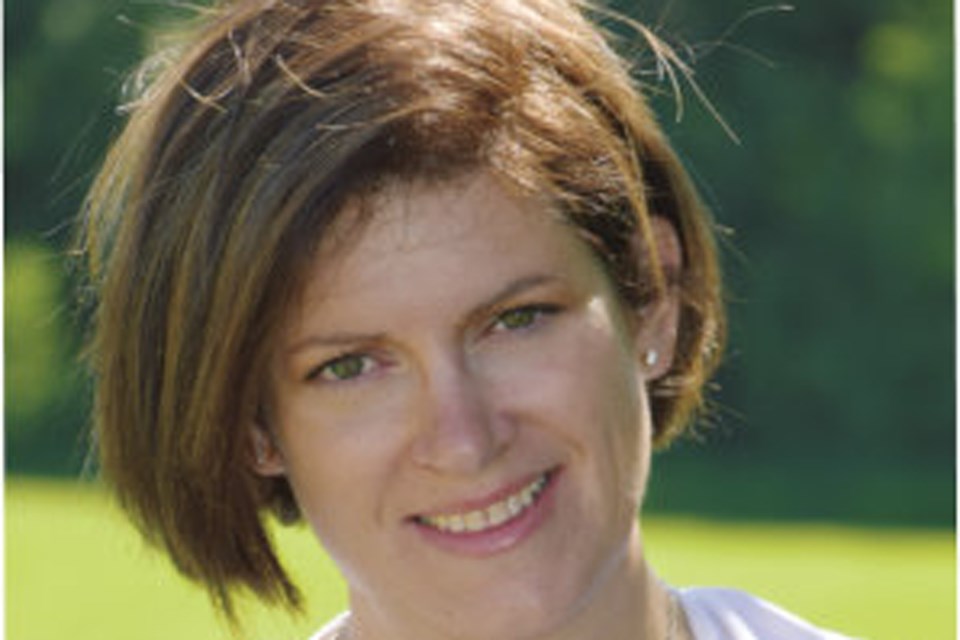Halfway through her second term as a St. Albert city councillor, Sheena Hughes says the past 12 months have been about representing residents’ rights and voices.
One major part of that was seeing the idea of forming a municipal utility corporation (MUC) struck down in a narrow 4-3 vote on Dec. 16, which Hughes said she felt “overwhelming relief" about. Council had been exploring the MUC as a way to explore offering new services and discovering new revenue streams, but Hughes argued the costs of an MUC could be avoided by offering those new services within St. Albert’s existing utility structure.
“I would love to have an alternate revenue source that would be viable ... so I was hoping it might work. But when I looked at that business proposal, it did not show that, and I was extremely concerned,” she said.
Hughes said she was grateful to her three colleagues who joined her in voting against the MUC – councillors Ken MacKay, Ray Watkins and Jacquie Hansen – and added council’s role was to evaluate the viability of the MUC based on its business case.
“What was being proposed was not viable. And to ignore that fact and think that optimistically things will just work out because, is irresponsible and also delusional,” Hughes said.
She listed voting down the MUC as a success for council, that they were willing to explore new ideas but say “no” when viability was not proven.
Another big moment for respecting St. Albertans' rights was getting council on board for a smart water meter opt-out program, which councillors had previously struck down in April last year.
When the program was rolled out in late 2017, residents were given no choice but to replace their water meters. Some residents complained of potential health impacts from electromagnetic waves and worried about data privacy.
“This is about respecting individuals' personal freedoms and personal rights and giving them an affordable option that they needed to use it, and so to me that was huge,” Hughes said.
The opt-out program was officially approved by council earlier this month, with a few amendments from Hughes knocking the price tag down from $270 annually to $140.
A pilot transit program offering free rides to youth was another highlight of 2019 for Hughes, who said it managed to expand quality of life for youth. Council decided to extend the pilot to the end of 2020 during budget deliberations.
The year was not without its challenges, and a moment that stood out to Hughes was when council decided to change their committee structure, which she described as “devastating.”
At the beginning of November, council voted to shift from a single committee-of-the-whole structure that debates and works through major issues before making recommendations for council, to a dual standing committee model. Each of the new two standing committees are made up of three councillors, and the mayor serves as ex officio on both.
“That was a huge disappointment that we moved to that. I don't see it as an improvement,” Hughes said. “We've been two months into it (and) I still don't see it as an improvement.”
She added she doesn't believe there can be better representation with fewer people at the table.
Hughes’ biggest concern for 2020 is an imminent decision on regional transit. A Regional Transit Services Commission (RTSC), championed in part by St. Albert, has been working behind the scenes on a business case to submit to 13 municipalities within the region for a single integrated transit commission.
Hughes said she worries about the cost, and she will be asking a lot of “tough” questions about the proposal.
“I have to feel very comfortable with it before moving it forward, and if they can talk me into it great ... but I'm not pre-sold on it,” she said.




